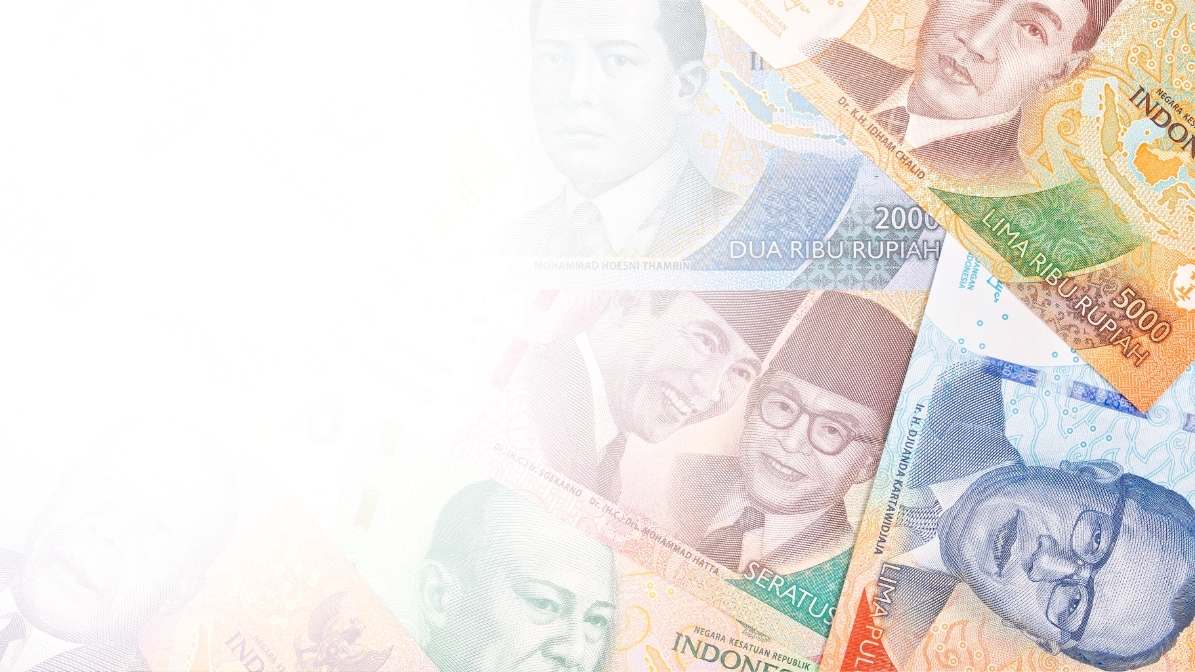In December 2024, Indonesia’s Supreme Court ushered in a pivotal shift for tax litigation with the release of Circular Letter Number 2 of 2024, which formalizes guidelines derived from its 2024 Plenary Assembly. This update refines procedural rules for courts nationwide, including the Tax Court.
Since 2012, the Supreme Court has convened Plenary Assemblies regularly to harmonize legal interpretation across its six chambers: Criminal, Civil, Religious, Military, State Administrative, and Secretariat. These assemblies address technical and non-technical judicial challenges, culminating in Supreme Court Circular Letters that standardize court practices.
The Supreme Court Circular Letter Number 2 of 2024 includes two key rulings from the State Administrative Chamber with significant implications for the Tax Court process. First, state administrative bodies or officials cannot file judicial reviews as per Constitutional Court Decision Number 4/PUU-XXII/2024. They may only seek a review if:
- New evidence (novum) emerges post-ruling.
- Conflicting final and binding decisions on the same matter.
- The judicial review is necessary to protect the civil rights of state administrative bodies or officials (including state or regional assets).
Second, the circular letter also establishes that evidence in the taxpayer’s possession, which has been specifically and reasonably requested by the Directorate General of Taxes (DGT) during the audit or objection process but was not submitted at that time, cannot later be considered during proceedings at the Tax Court or the Supreme Court.
Judicial Review Filings by State Administrative Bodies or Officials
Article 77 Section 3 of Law of the Republic of Indonesia Number 14 of 2002 concerning the Tax Court stipulates that parties to a dispute may submit a judicial review against a Tax Court decision to the Supreme Court. This provision permits both taxpayers and the DGT to appeal if dissatisfied with the Tax Court’s ruling. However, following the issuance of Supreme Court Circular Letter Number 2 of 2024, the DGT's ability to submit judicial reviews is now restricted to specific grounds, which include the discovery of new evidence, conflicting decisions, or protecting the civil rights of state administrative bodies or officials.
Additionally, it is worth noting that under Article 91 of Law of the Republic of Indonesia Number 14 of 2002, judicial reviews of appeal decisions by taxpayers or the DGT are limited to reasons as listed below:
- if the Tax Court’s decision was based on fraud or deceit by the opposing party, discovered after the ruling;
- if decisive new written evidence emerges and would likely have altered the court's decision;
- if a judgment grants claims beyond those requested, except in cases allowed under Article 80 Section 1 Points b and c;
- if part of the claim was left unaddressed without any legal reasoning; or
- if the ruling undoubtedly violates applicable laws and regulations.
At this point, it is clear that the DGT’s ability to seek judicial review has been significantly curtailed. Consequently, success for the DGT now hinges on building airtight cases during audits and objections. Taxpayers, meanwhile, gain leverage to strategically resolve disputes at earlier stages.
Evidence Not Previously Provided During Audit or Objection
Previously, Law of the Republic of Indonesia Number 14 of 2002 did not explicitly regulate whether evidence that was requested during the audit or objection stages but only presented during the appeal process could be admitted. Article 69 Section 1 of Law of the Republic of Indonesia Number 14 of 2002 simply enumerates the types of admissible evidence, which includes written documents, expert testimony, witness testimony, confessions of the parties, and the court's knowledge. Article 70 further specifies that written evidence includes authentic deeds, private deeds, decrees or decision letters from authorized officials, and other documents relevant to appeals or lawsuits.
Because of this legal gap, taxpayers generally assumed they could submit evidence at the appeal stage even if it had been requested earlier but not provided.
However, with the issuance of Circular Letter Number 2 of 2024, the Supreme Court explicitly stipulates documents properly requested during the audit or objection stages but not submitted at that time cannot be introduced as evidence during appeal proceedings. Nevertheless, if a document was not specifically requested during the audit or objection, the taxpayer retains the right to submit it later as novum.
There are two main practical consequences arising from this development. First, tax authorities—including auditors and objection reviewers—are expected to issue more detailed and comprehensive requests for data during audits and objections, in order to preempt novum arguments in court.
Second, taxpayers must be even more diligent in responding to documentation requests. Following the issuance of Minister of Finance Regulation Number 15 of 2025 concerning Tax Audits, the audit period has been shortened. Yet, with Supreme Court Circular Letter Number 2 of 2024 now in effect, the volume of documentation requested is likely to increase. Therefore, taxpayers would be advised to prepare and store requested documents in protected digital formats.
This reflects regulatory developments in tax dispute resolution. If you need specific advice, Ideatax is ready to assist.
Legal Basis
- Law of the Republic of Indonesia Number 14 of 2002 concerning the Tax Court.
- Supreme Court Circular Letter Number 2 of 2024 concerning Guidelines for Court Proceedings Based on the 2024 Supreme Court Chambers’ Plenary Assembly Deliberations.
- Minister of Finance Regulation Number 17 of 2013 concerning Tax Audits as amended by Minister of Finance Regulation Number 15 of 2025.


